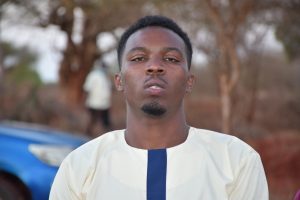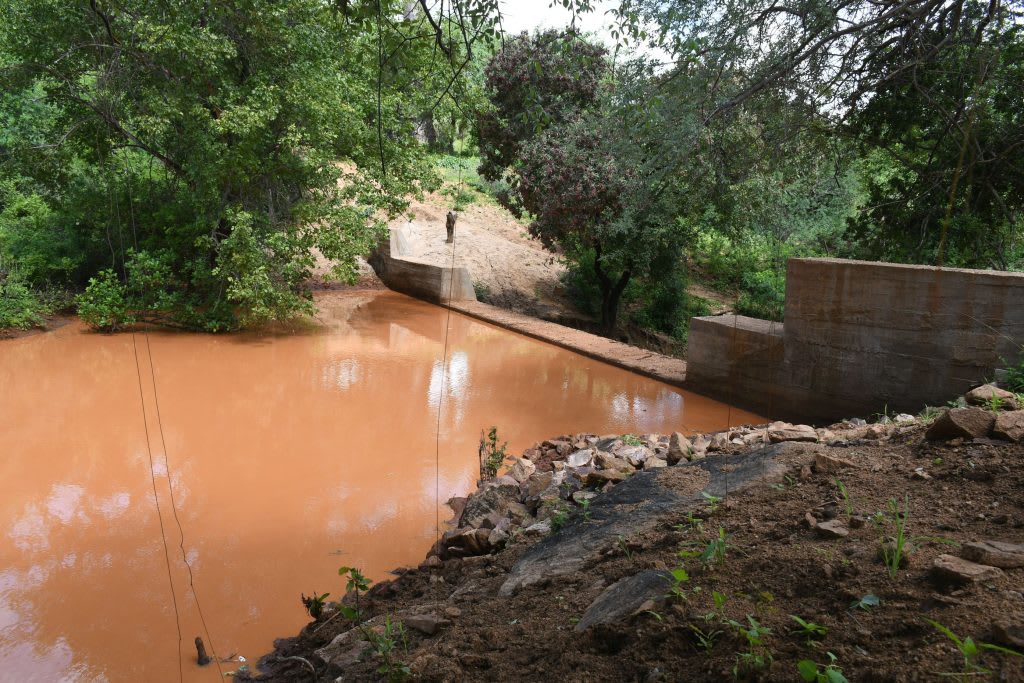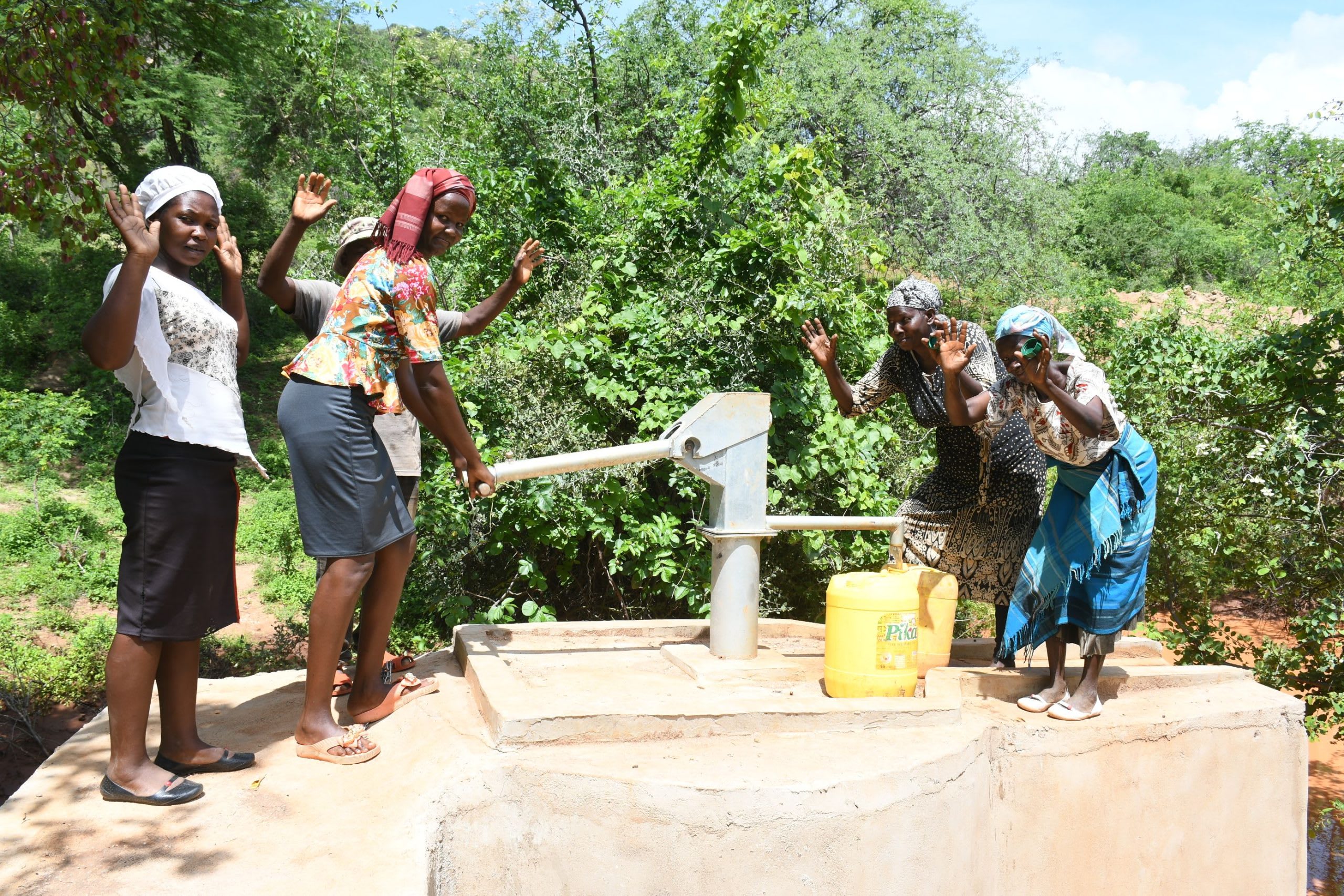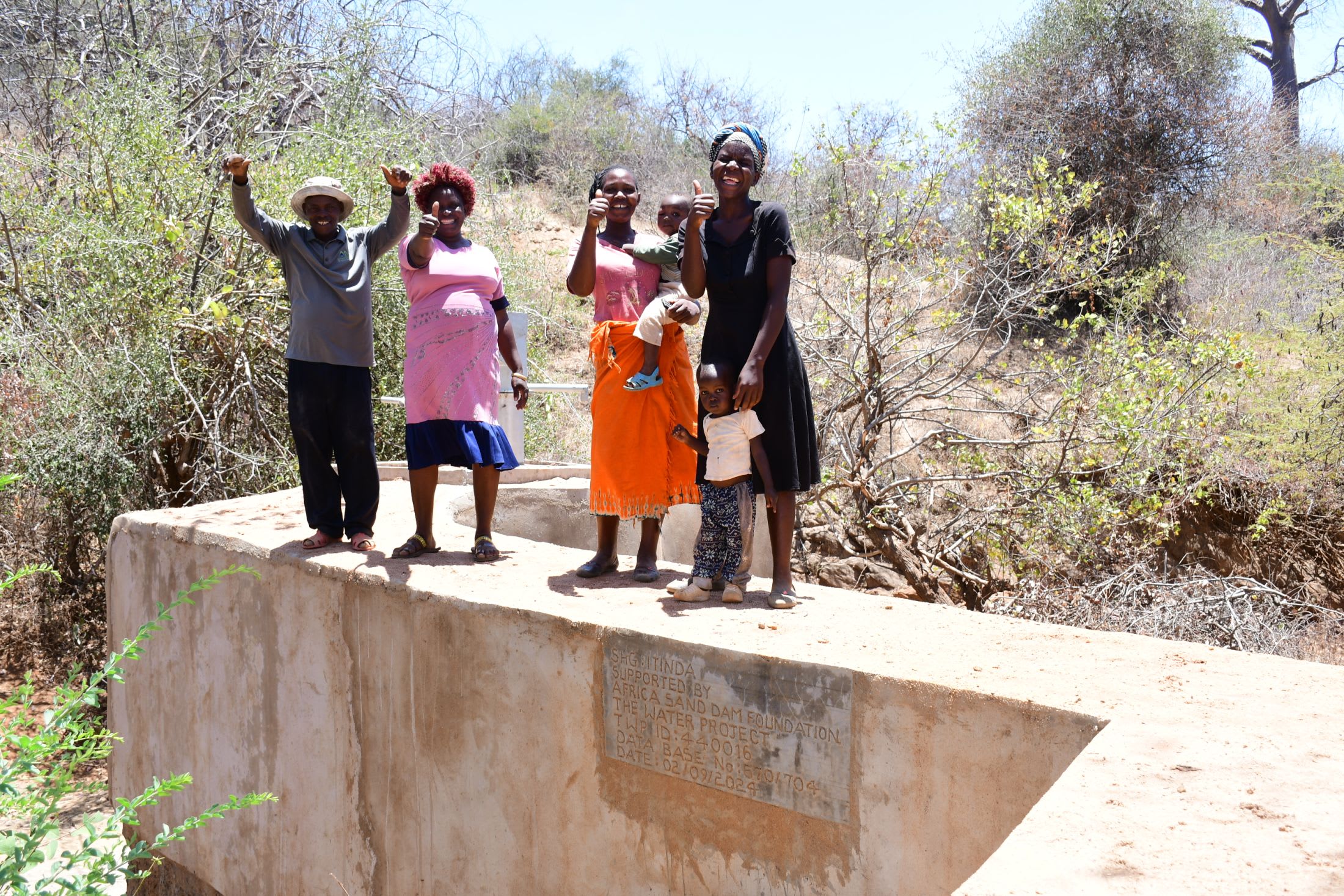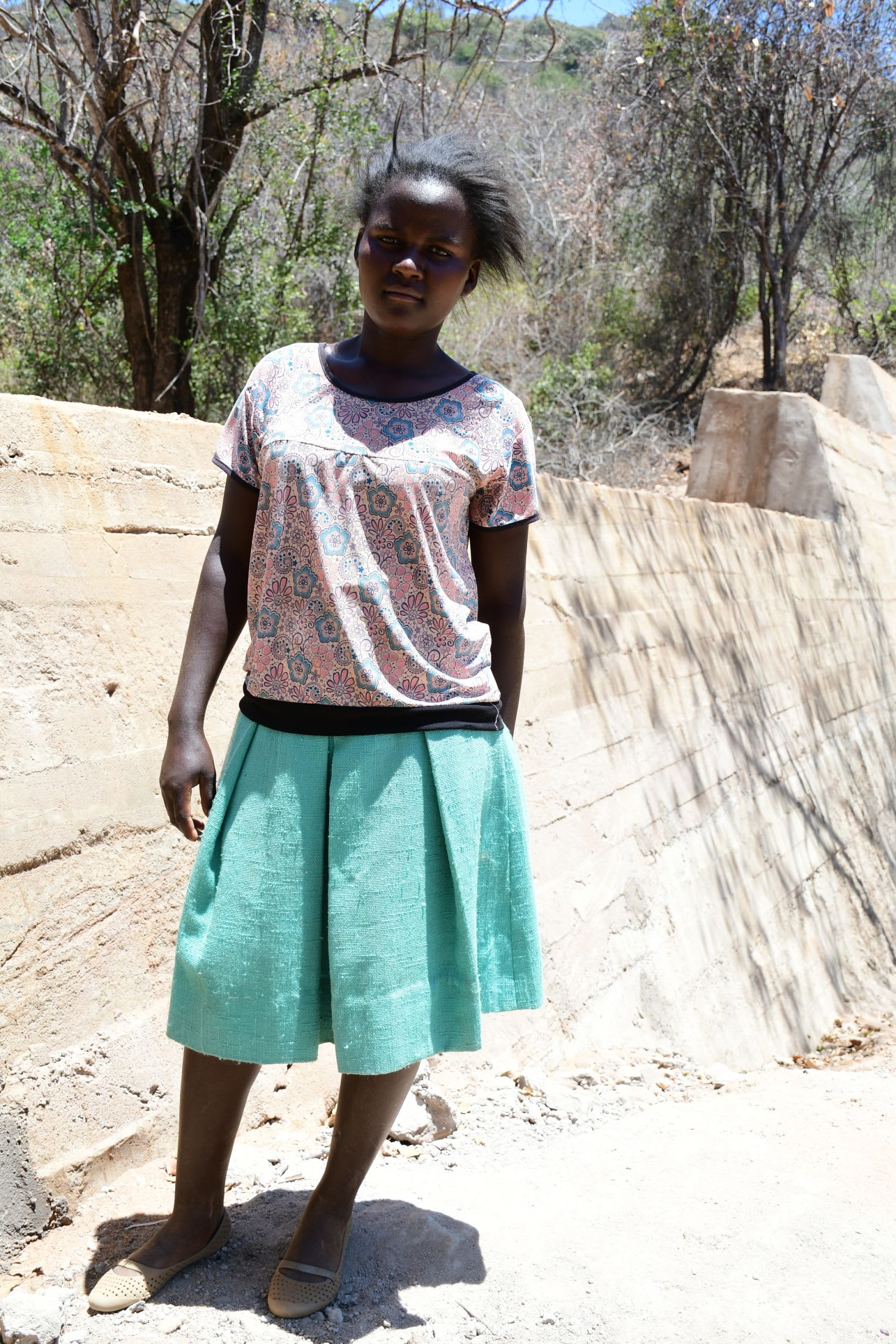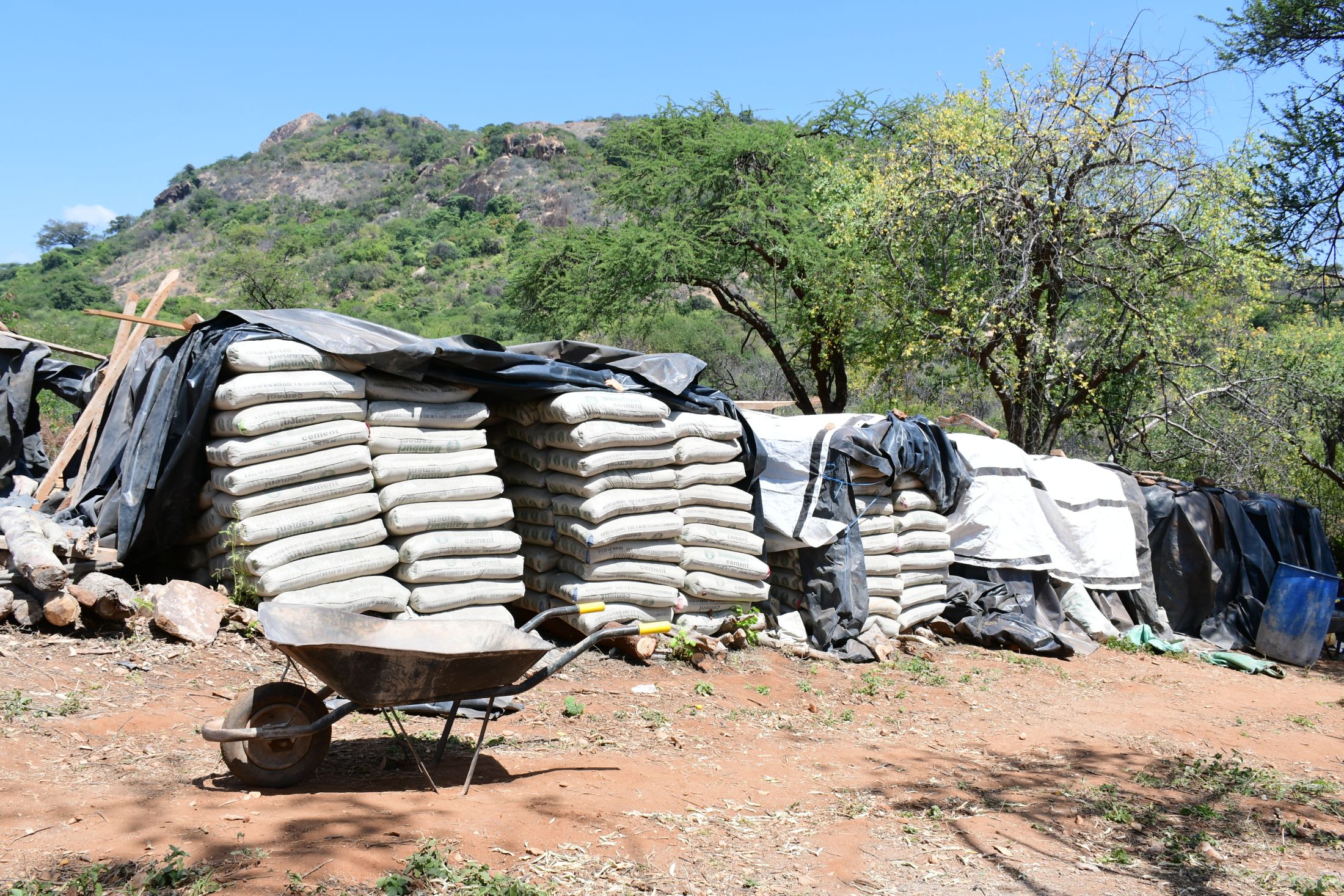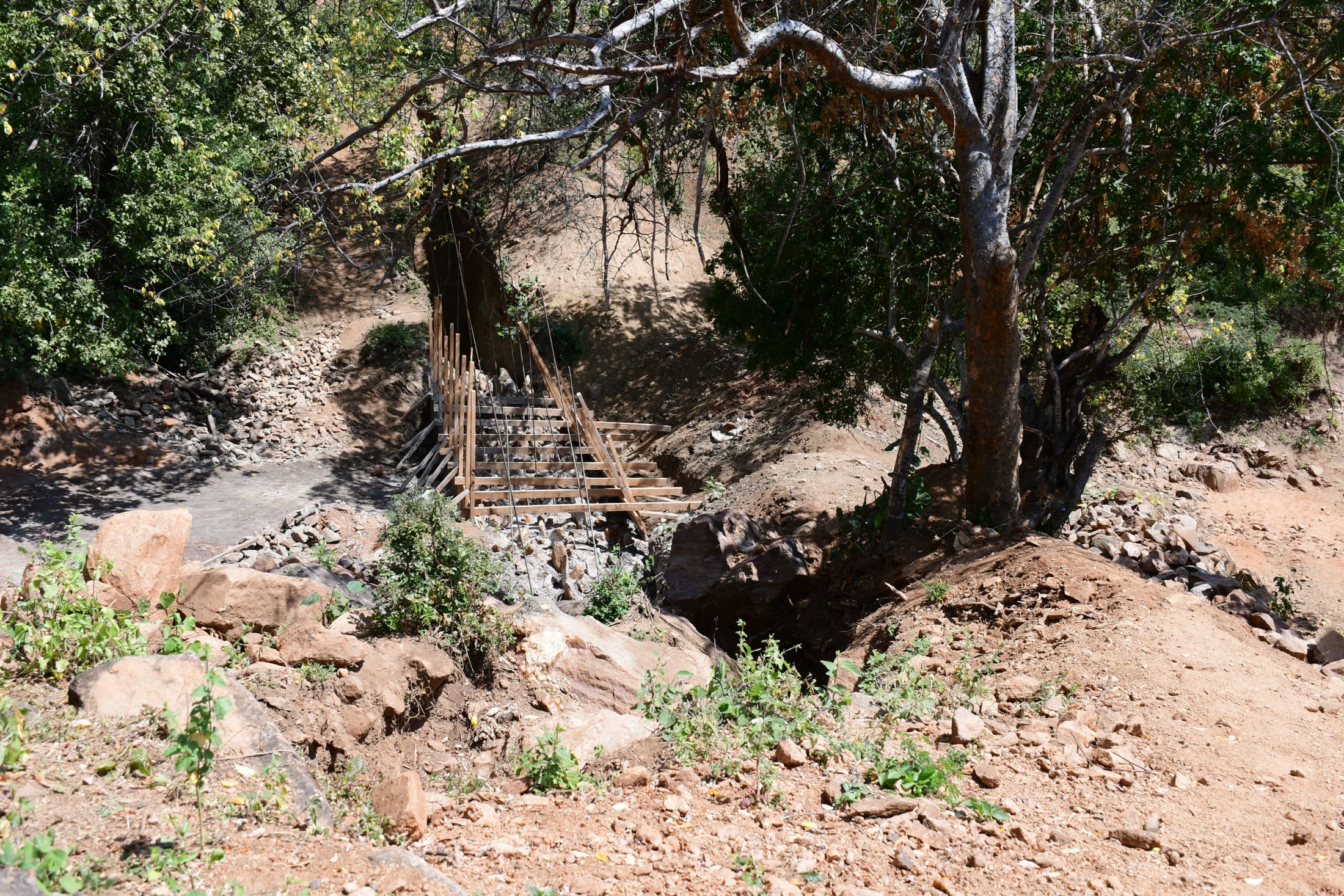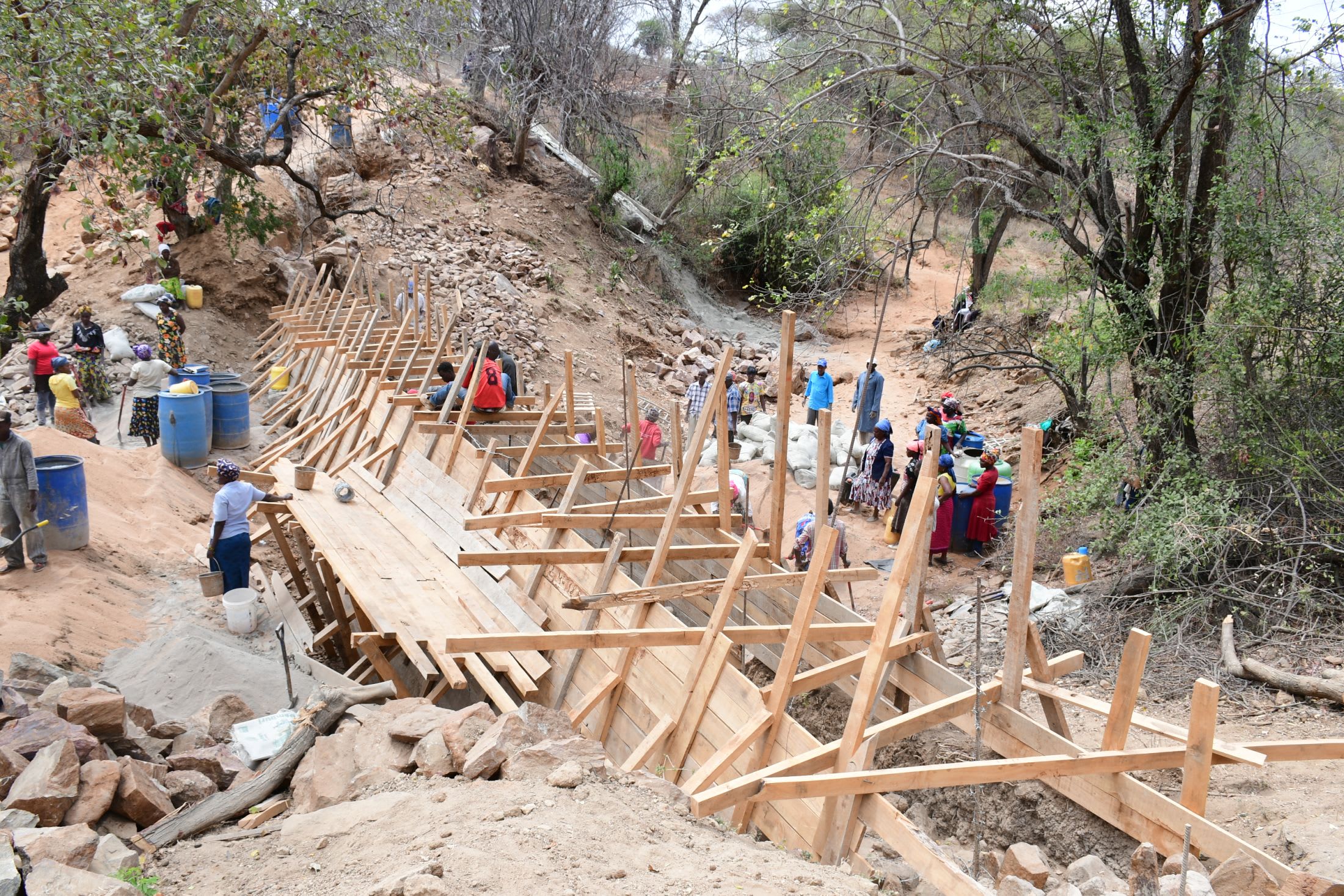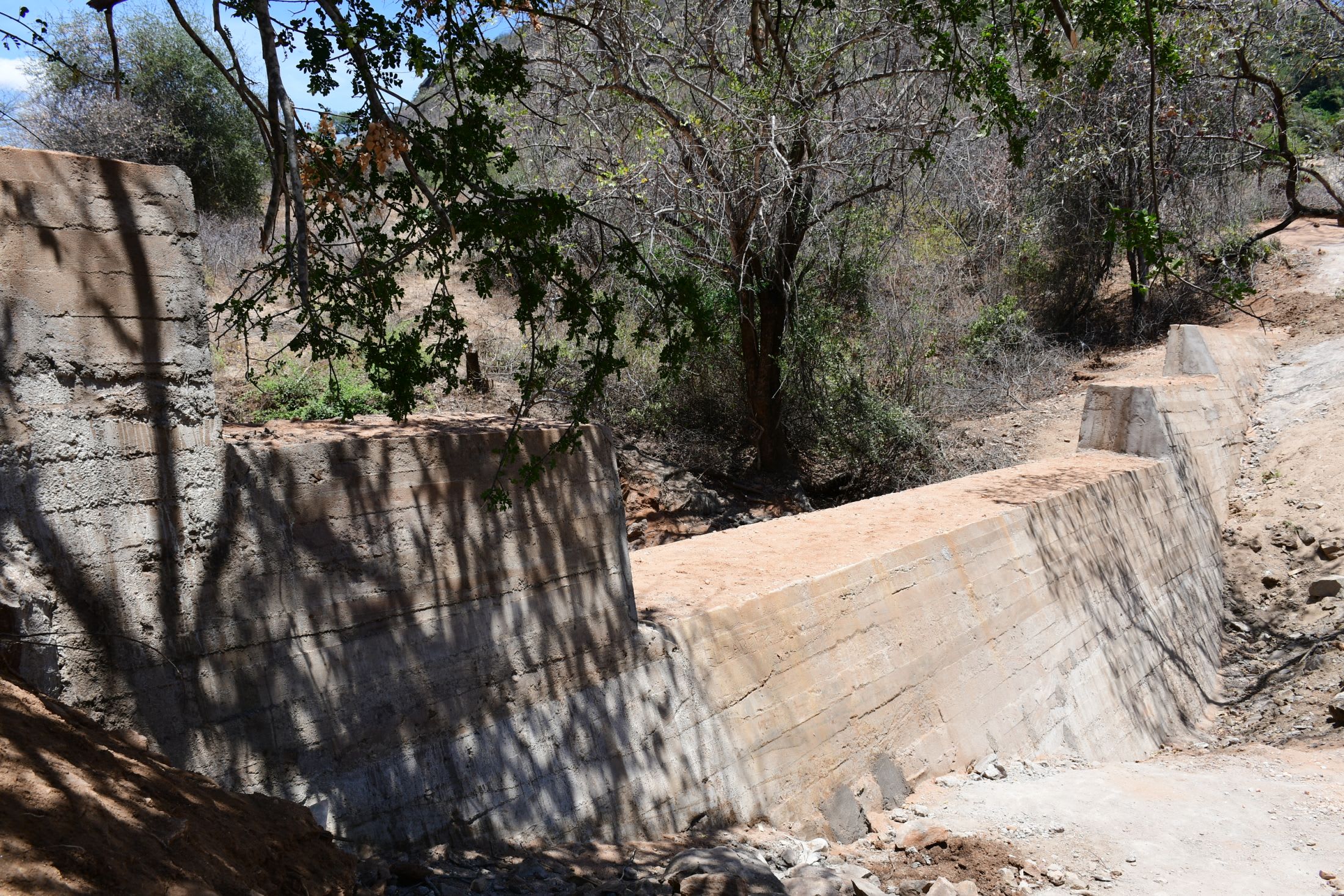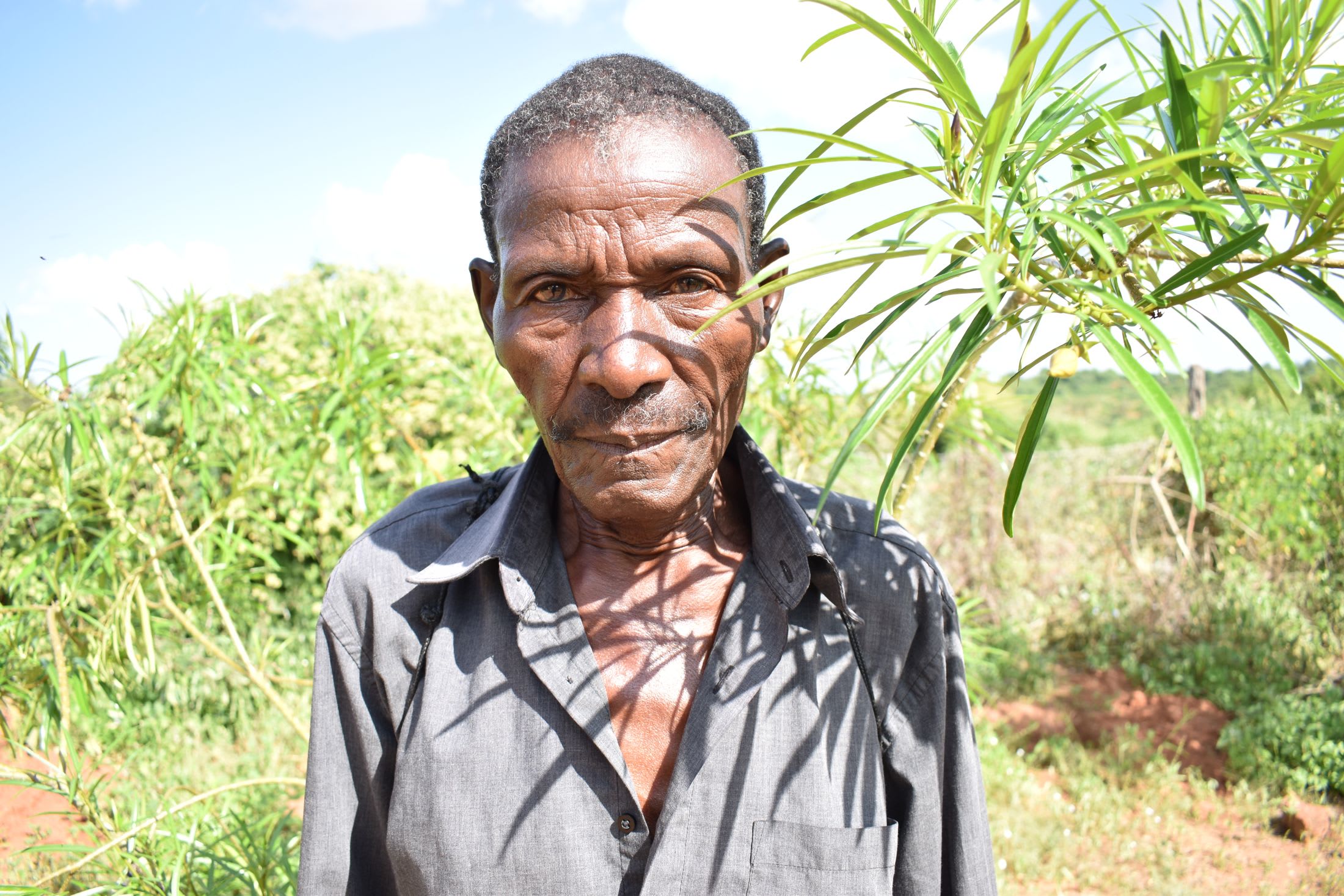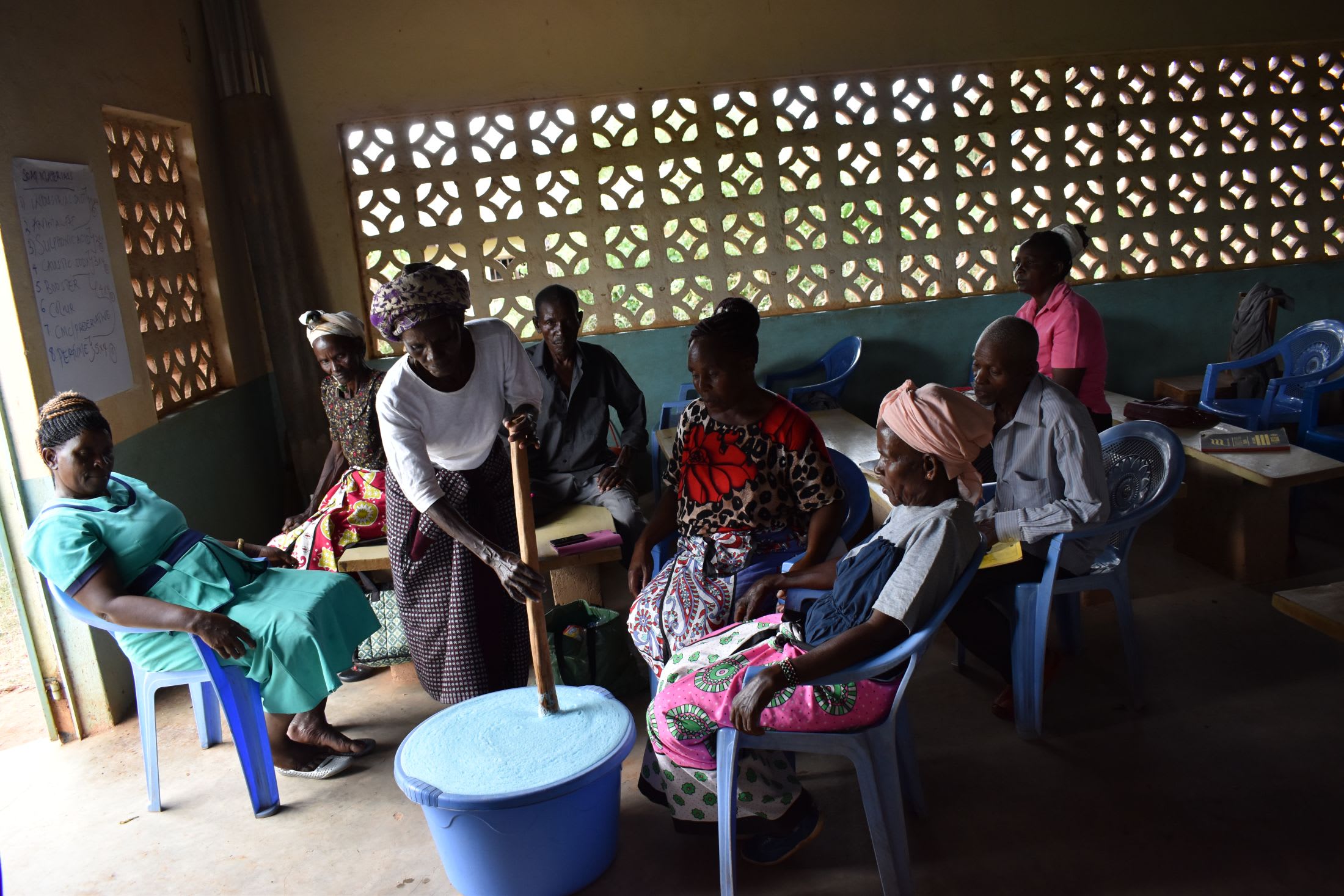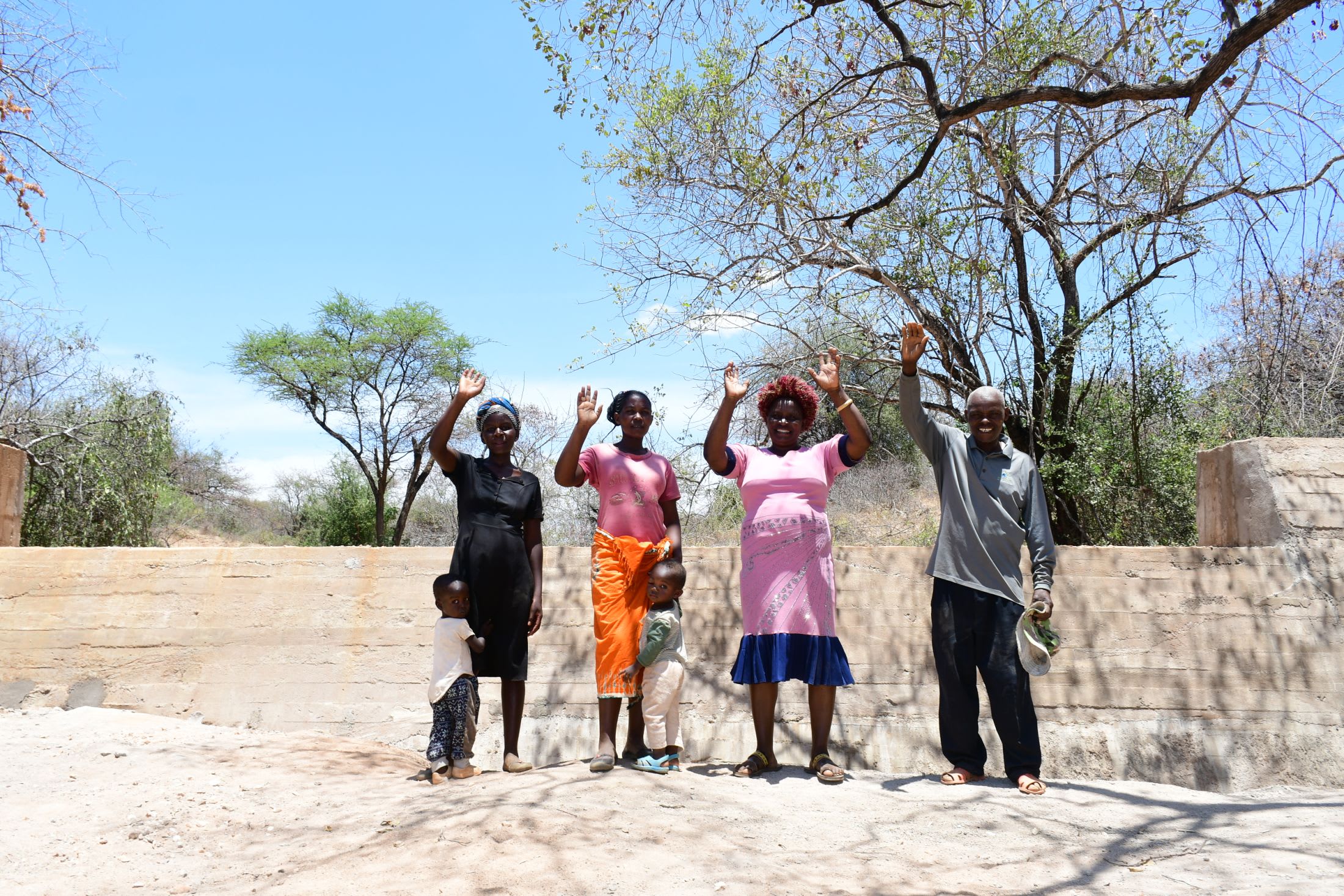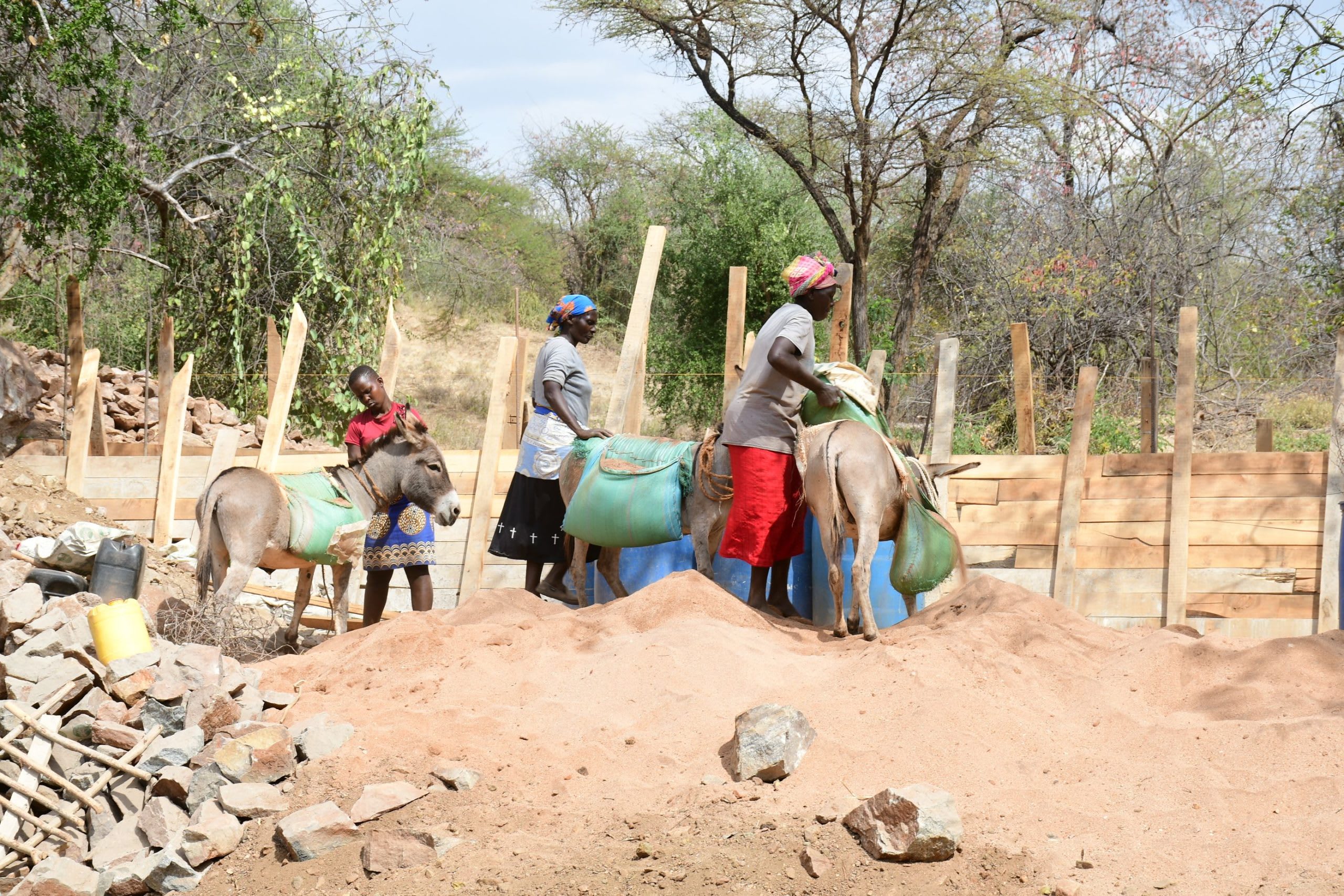The 200 people of the Kasioni Community struggle to access sufficient water. Some must travel almost two miles by foot to wait in long lines, up to three hours at a time, at a community well and then make the journey back. Collecting water consumes their entire day and inhibits their ability to perform other daily tasks.
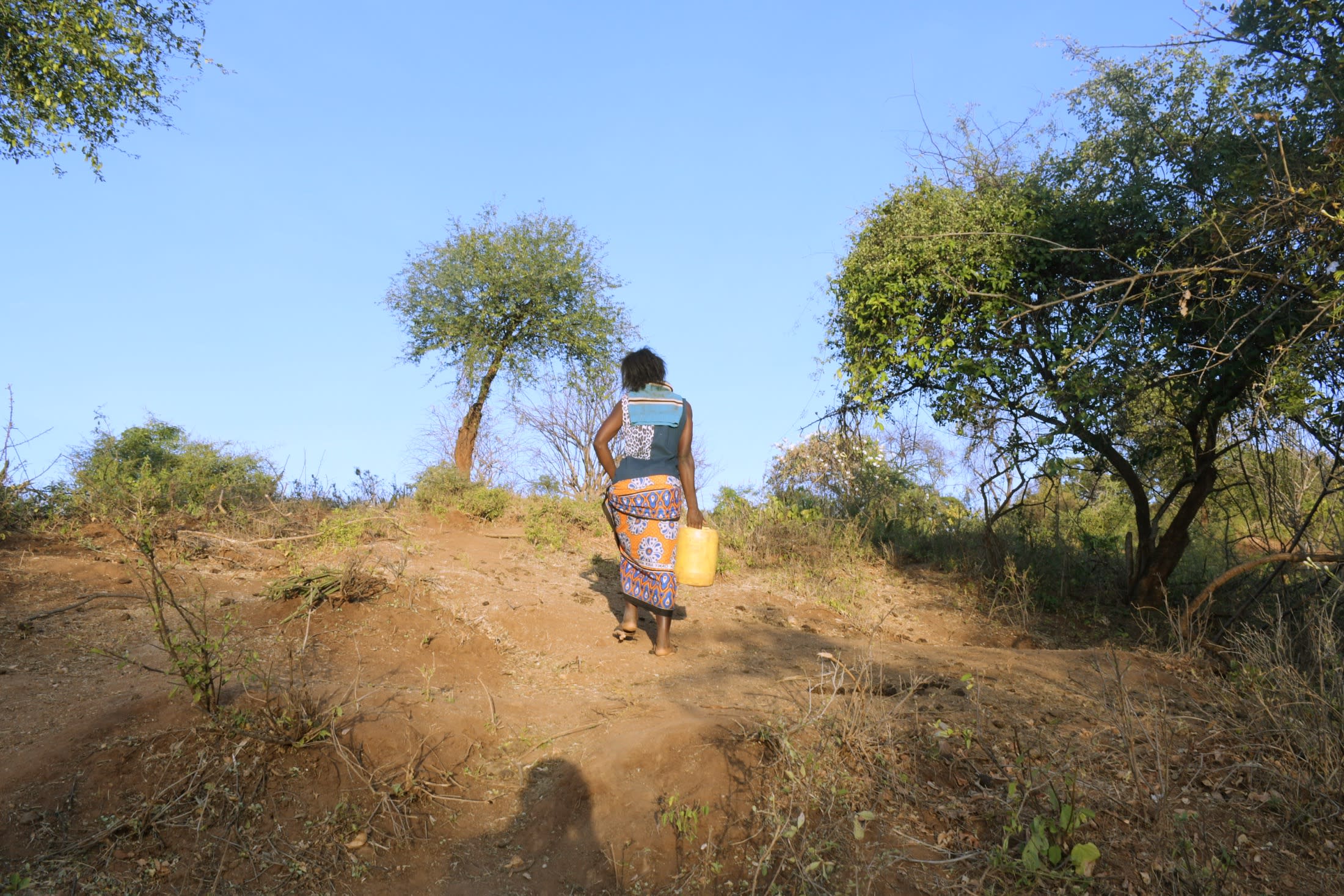
Field Officer Alex Koech shared, "Women and older children wake up early in the morning to fetch water from the river and carry it using their backs and donkeys (if a resident is lucky to own one). Children also help fetch water after their evening classes or during the holidays. Due to the long queues, they spend more than 3 hours at the water point. Walking to fetch water under the scorching sun is arduous and time-consuming, leaving the residents with little energy and time to engage in activities like land preparation, rearing cattle, or improving hygiene and sanitation."
Suppose residents cannot fetch water from the well that is far away. In that case, they must resort to using a scoop hole (representative photo below), which is often dry during the drought season and is unsafe for use, making people sick.

"Water from the scoop hole is insufficient and dries up during peak drought periods. The water is also open to contamination because animal excrete, dust, and debris find their way to this water point. The scoop hole is also located far away," Alex continued.
"Getting water is still a difficult task because of the steep terrain in our area. I have to carry water on my back, which causes a lot of back pain, especially since the shallow well is about two kilometers from my home. Due to the long journey and exhaustion, I have little energy and time to focus on farming or participate in hygiene and sanitation," said 32-year-old farmer Nduku Meuma, seen below.
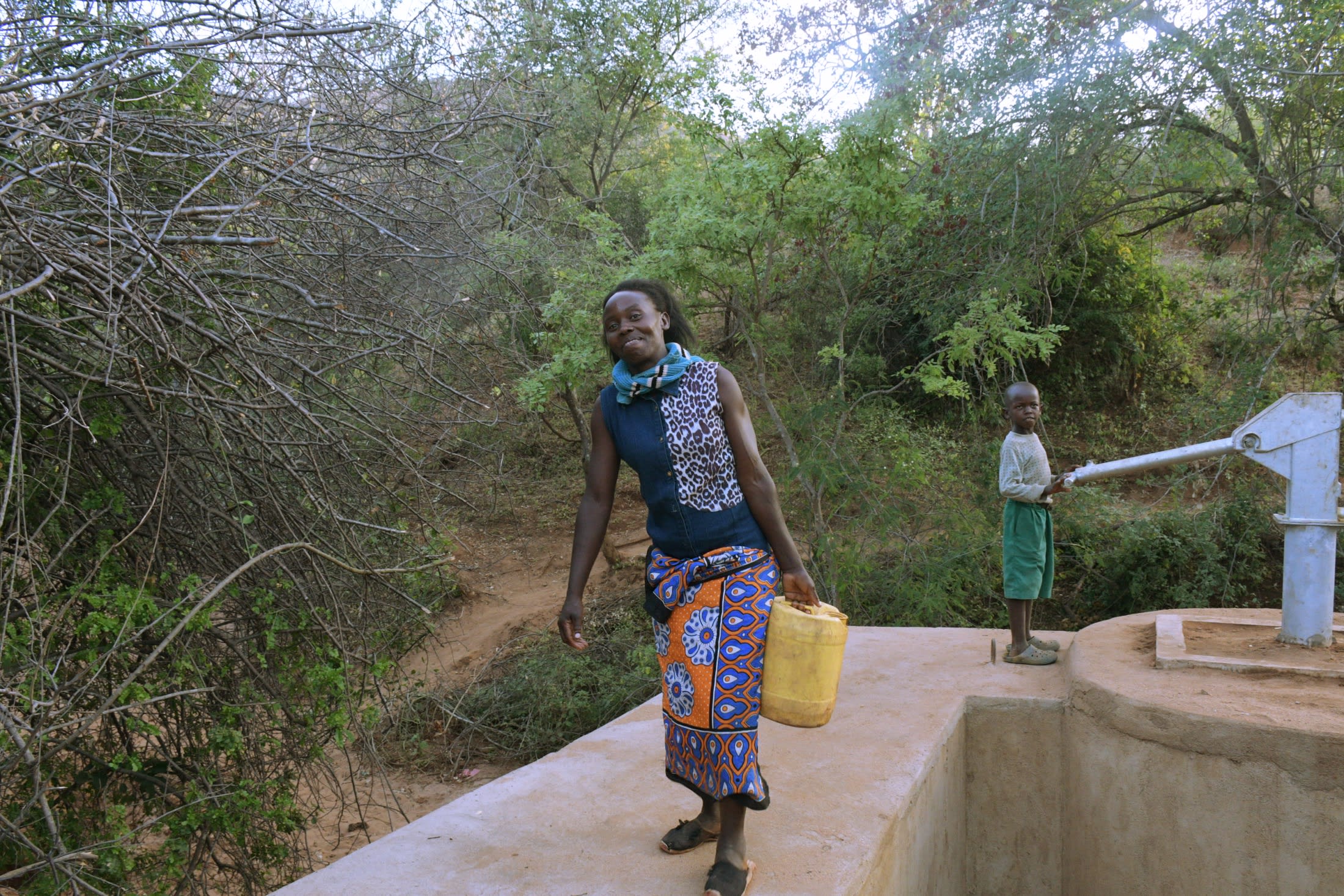
"There is often no water at home, and my mother cannot prepare food on time. Sometimes, we only take a meal a day, which affects my health. Getting water to drink is also difficult because the waterpoint is located far away, and my mother spends most of the day fetching water," 9-year-old Mumo M. (seen below) shared.
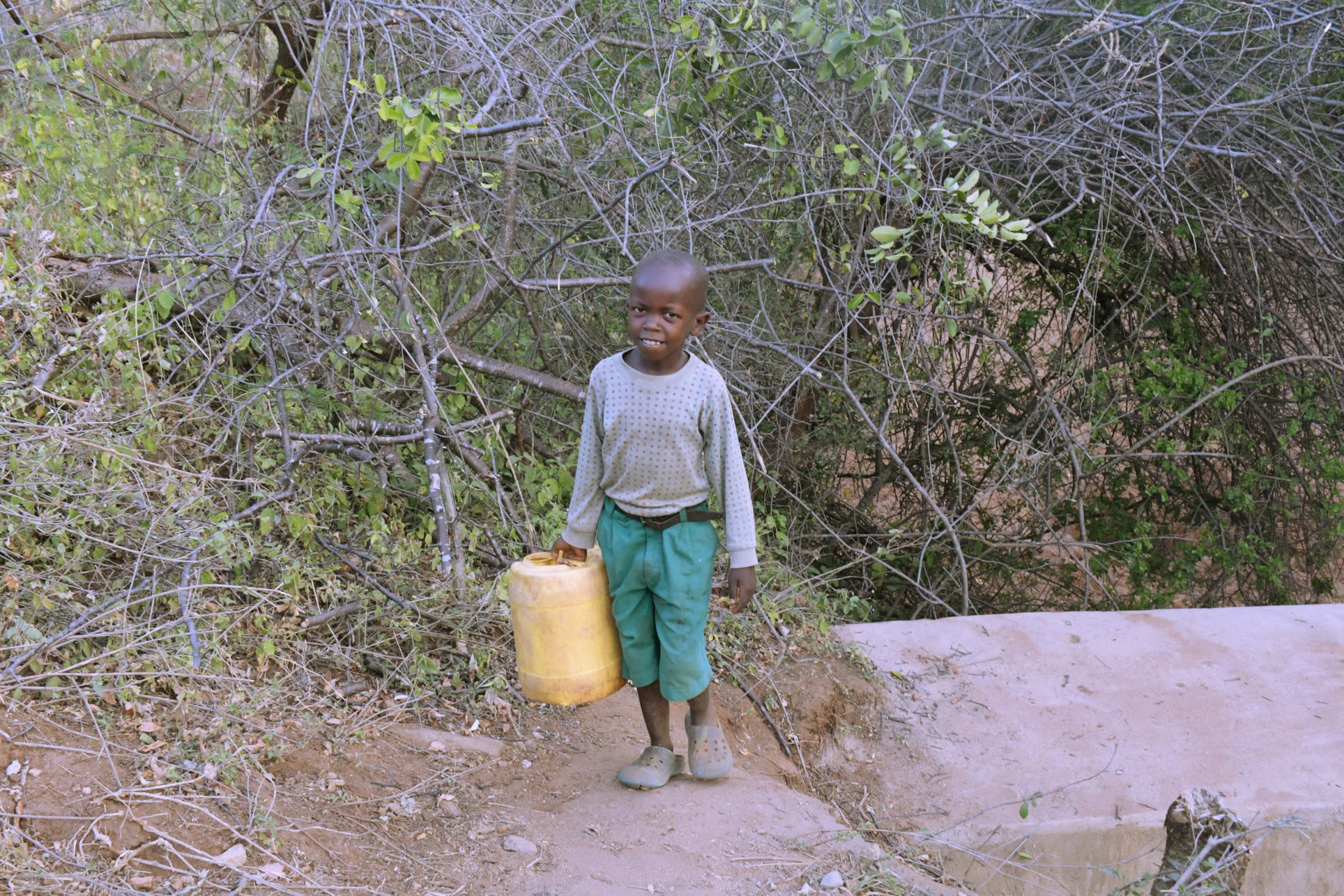
Malnutrition has many causes, but as Mumo pointed out above, water scarcity contributes to families not having the time or resources to prepare enough food for their children.
"Malnourished children are subject to physical and cognitive delays, often impeding them from reaching their complete developmental potential with significant and lifelong health, social and economic implications." (The Impact Economist)
"I believe the construction of a waterpoint near my home will allow me to easily access water, and I will no longer experience any back pain. I will also have enough water to conduct hygiene and sanitation," Nduku concluded.
"I believe the setup of the project will ensure I always take my meals on time. My parents will also be able to irrigate their crops and provide food for all of us," Mumo said.
Installing this water point can enable people like Nduku to relieve the pain caused by hauling water long distances. Children like Mumo will no longer miss meals or school due to a lack of water, and everyone in this community will quench their thirst when needed instead of suffering without water to drink.
Helping to solve the water crisis in this community will take a multi-faceted system. It requires the collaboration of the sand dam and a protected dug well. They will work together to create a sustainable water source that will serve this community for years to come.
The Proposed Solution, Determined Together...
At The Water Project, everyone has a part in conversations and solutions. We operate in transparency, believing it benefits everyone. We expect reliability from one another as well as our water solutions. Everyone involved makes this possible through hard work and dedication.
In a joint discovery process, community members determine their most advantageous water solution alongside our technical experts. Read more specifics about this solution on the What We're Building tab of this project page. Then, community members lend their support by collecting needed construction materials (sometimes for months ahead of time!), providing labor alongside our artisans, sheltering and feeding the builders, and supplying additional resources.
Water Access for Everyone
This water project is one piece in a large puzzle. In Kenya, Sierra Leone, and Uganda, we're working toward complete coverage of reliable, maintained water sources that guarantee public access now and in the future within a 30-minute round trip for each community, household, school, and health center. One day, we hope to report that this has been achieved!
Training on Health, Hygiene & More
With the community's input, we've identified topics where training will increase positive health outcomes at personal, household, and community levels. We'll coordinate with them to find the best training date. Some examples of what we train communities on are:
- Improved hygiene, health, and sanitation habits
- Safe water handling, storage & treatment
- Disease prevention and proper handwashing
- Income-generation
- Community leadership, governance, & election of a water committee
- Operation and maintenance of the water point

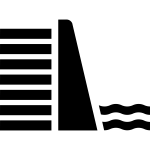 Sand Dam
Sand Dam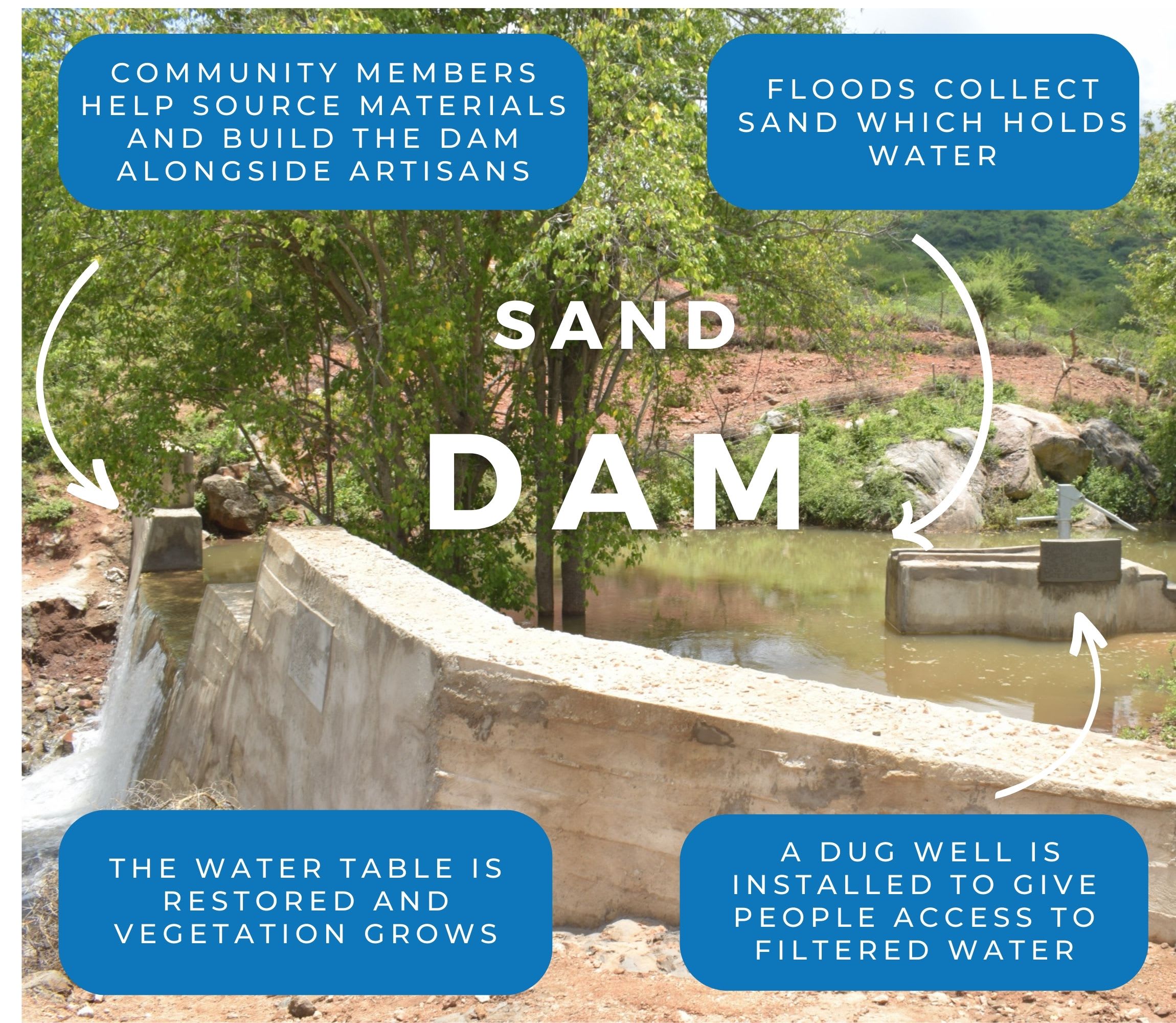
 Rehabilitation Project
Rehabilitation Project










